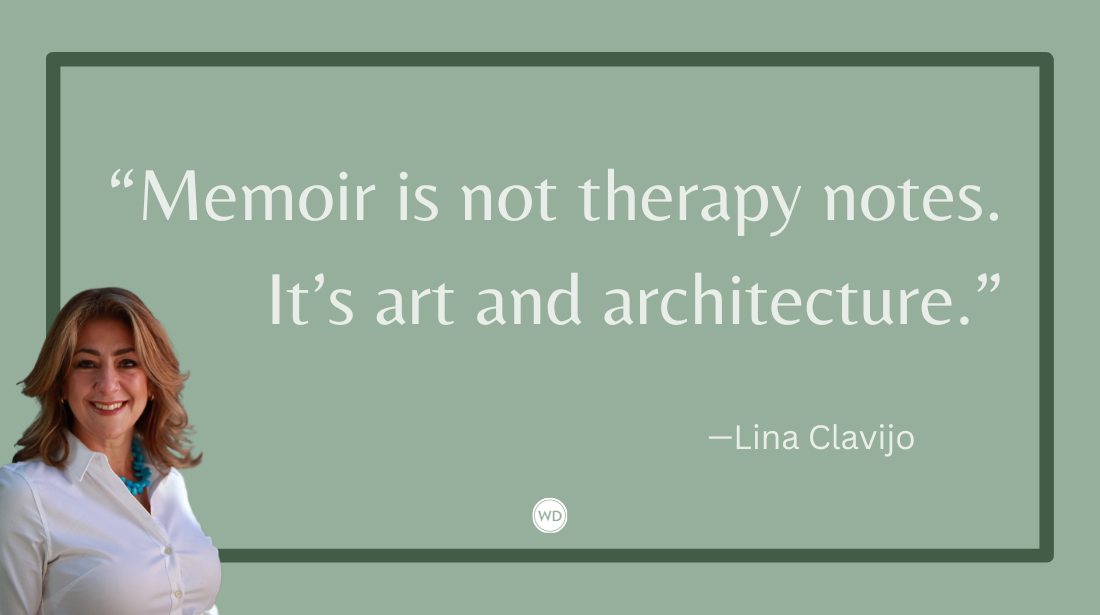Poetic Justice vs. Poetic License (Grammar Rules)
Learn when you’re using or witnessing poetic justice vs. poetic license with Grammar Rules from the Writer’s Digest editors, including a few examples of each.
Throughout history, many great writers and storytellers have used poetic license and poetic justice in their writing. Most readers are familiar with both concepts. But do you know which is poetic license and which is poetic justice?
Let's uncover the differences of poetic justice and poetic license in this post.
Poetic Justice vs. Poetic License
Poetic justice refers to an outcome in which a moral or immoral act or behavior is rewarded or punished, usually in an ironic or fitting manner. For instance, someone who does all the right things and never complains while the "mean people" seem to get all the money and prestige would receive poetic justice if he or she wins some incredible prize with money, glory, etc.
Conversely, a person who is eaten by zombies after claiming that zombies don't exist or that they are not a threat would receive poetic justice on the other side of the coin. Some real-life and fictional stories feature poetic justice on only one front, while others showcase this phenomenon on all fronts.
Poetic license, on the other hand, is when people depart from the truth or normal rules to embellish a story or create a certain effect with language. Most would say that tales about Paul Bunyan use poetic license in explaining the formation of Minnesota's 10,000 lakes and other natural wonders. A giant lumberjack did not create these things, but it makes for a fantastic story.
Also, poets may use poetic license with normal rules of grammar or formatting to enhance poetic effects. For instance, poets sometimes eschew rules of punctuation and capitalization or select words based on sonic effect over grammatical precision.
Make sense?
A final note on poetic justice and license:
It's really interesting that you don't have to be a poet to use or witness either poetic justice or poetic license. In fact, you don't even need to be a writer to depart from the truth and embellish a story (poetic license) or be the beneficiary or victim of poetic justice. That is, a very unpoetic person could use poetic license to undersell the danger of a giant monster rampaging through town only to receive the poetic justice of being gobbled up by it before the story is over.
*****
No matter what type of writing you do, mastering the fundamentals of grammar and mechanics is an important first step to having a successful writing career.









